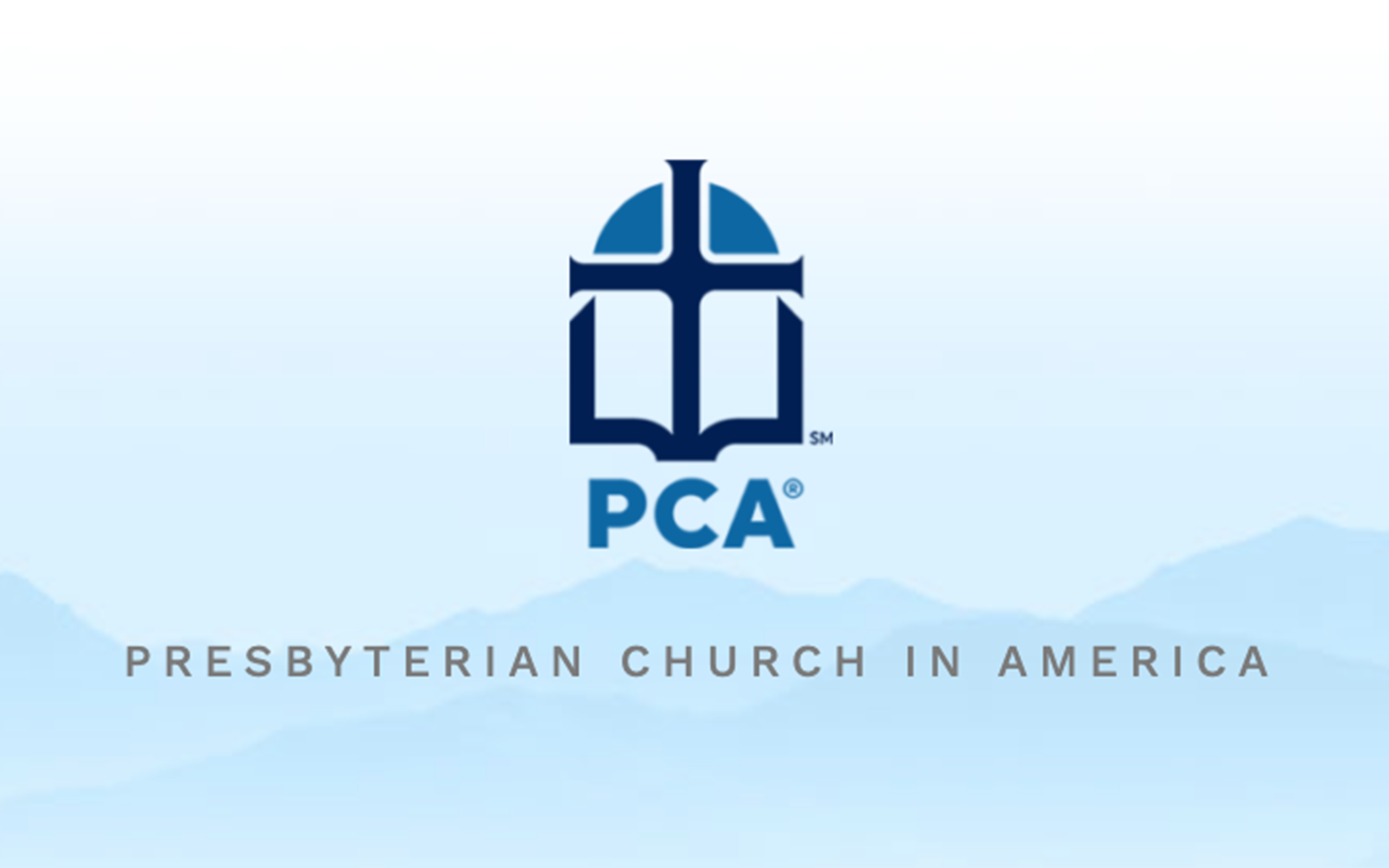The Banner has a subscription to republish articles from Religion News Service. This story has been edited for length and a paragraph with context for the Christian Reformed Church has been added. You can read the original story on religionnews.com.
(RNS) - At the General Assembly of the Presbyterian Church in America last week pastors and church leaders passed an overture that says those who identify as gay are not qualified for ordination in the conservative Presbyterian denomination.
The restriction includes any identity Christians may profess “that undermines or contradicts their identity as new creations in Christ,” though it singles out “gay Christian,” “same sex attracted Christian” and “homosexual Christian” among those identities. The denomination already bars any “practicing homosexual” from ordination.
Overture 23 was overwhelmingly approved 1,438-417 July 1 at the Presbyterian Church in America’s annual business meeting in St. Louis, Mo.
According to byFaith, the official publication of the Presbyterian Church in America, the final, approved overture read:
“Officers in the Presbyterian Church in America must be above reproach in their walk and Christlike in their character. Those who profess an identity (such as, but not limited to, ‘gay Christian,’ ‘same sex attracted Christian,’ ‘homosexual Christian,’ or like terms) that undermines or contradicts their identity as new creations in Christ, either by denying the sinfulness of fallen desires (such as, but not limited to, same sex attraction), or by denying the reality and hope of progressive sanctification, or by failing to pursue Spirit-empowered victory over their sinful temptations, inclinations, and actions are not qualified for ordained office.”
Scott Barber, chair of the Overtures Committee, told the elders voting on the overture that its intent is not to exclude Christians who are gay but remain celibate.
Rather, he said, “What we said is if we use terms like that that undermine or contradict our identity as new creations in Christ, if such an identity becomes higher than our identity in Christ, that would eliminate us from being qualified in the PCA.”
Still, that’s not the way many opponents of the overture received its approval.
“We don’t need to amend our constitution to make a non-affirming denomination (hostile) to gay people who want to follow Jesus in celibacy,” the Rev. Greg Johnson, lead pastor of Memorial Presbyterian Church in St. Louis, said in an email to Religion News Service.
Johnson, who voted against the overture, has previously shared his story as a “gay atheist kid who experienced a conversion to Jesus in college and has joyfully walked with him in celibacy ever since.” His faith hasn’t changed his sexuality in the years since he became a Christian, he said, but it has convicted him to live celibately, following the denomination’s conservative beliefs about sexuality, which reserve sex for between a married man and woman.
The pastor points a finger at the ex-gay movement and conversion therapy, which, while widely discredited in the mental health field, he said continues to shape many evangelicals’ beliefs about and expectations of LGBTQ people. His book, “Still Time to Care: What We Can Learn from the Church’s Failed Attempt to Cure Homosexuality,” releases in September.
The Christian Reformed Church in North America, which did not convene a general assembly (synod) this year due to the COVID-19 pandemic, anticipates deliberating over a report on human sexuality at Synod 2022. The report reaffirms the CRC’s 1973 position on homosexuality: that same-sex attraction is not a sin but acting on that attraction is, and it acknowledges the church’s failings in serving people with same-sex attraction. “The church has also harmed people who are attracted to the same sex by promoting the false expectation of orientation change” (Report of the Committee to Articulate a Foundation-laying Biblical Theology of Human Sexuality, p. 95).
Johnson doesn’t believe the PCA overture will remove him from ministry, he said. But he does worry about its impact on younger generations, saying their poor treatment of LGBTQ people is the No. 1 reason why young adults leave conservative religious traditions like the Presbyterian Church in America.
“The reigning cultural narrative is that ‘Christians hate gay people.’ By making it even harder for celibate believers to serve the church, this General Assembly has nothing to prove the culture wrong on that point. Quite the contrary. Rightly or wrongly, it will be perceived as a ‘Keep Out’ sign on the church lawn,” he said.
“This is a time to grieve.”
Advocates praised the overture for its consistency with the denomination’s beliefs about sexuality.
Bart Harmon of the Southeast Alabama Presbytery spoke in favor of the overture at the General Assembly, calling it “most consistent with the gospel—and because it’s consistent with the gospel, it is by definition compassionate.”
Harmon shared several stories from the biblical accounts of Jesus’ life in which Jesus tells others to give up everything to follow him.
And on Twitter, conservative Christian commentator Erick Erickson called the overture’s approval “a strong vote for Biblical sexual ethics.”
“Very proud of the elders in St Louis who are standing for orthodoxy against cultural currents,” Erickson tweeted.
To take effect, Overture 23 still must be approved by two-thirds of the denomination’s regional presbyteries and then again by a majority at the next General Assembly, scheduled for 2022 in Birmingham, Ala.
© 2021 Religion News Service
About the Author
Religion News Service is an independent, nonprofit and award-winning source of global news on religion, spirituality, culture and ethics.

